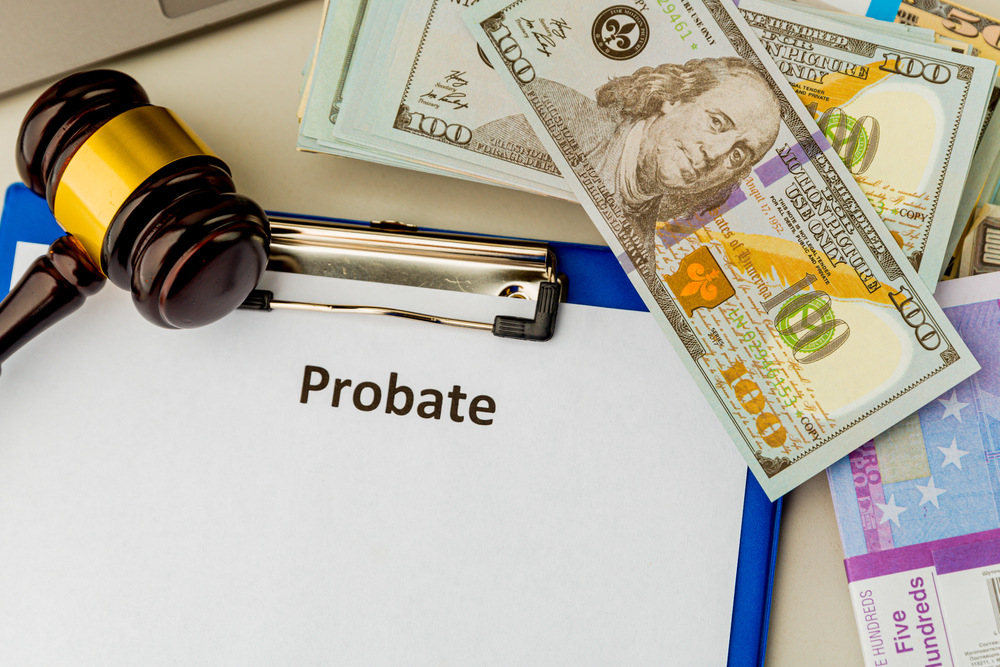A question that we are often asked is whether or not life insurance will have to go through probate? To answer that, it is first useful to determine exactly what probate is and which assets are subject to it.

What is Probate?
Probate is the court process by which a deceased person’s estate is readied to be transferred to the beneficiaries. The probate process locates and identifies all property that was owned by the deceased at the time of their death, makes sure that all creditors are paid, and then ensures that the remaining property goes to the right beneficiaries. Most people would prefer to avoid this process, since it can be a lengthy one, and the cost can reduce the amount of money a beneficiary expected to receive.
Life Insurance and Probate
In general, any account or other asset that has a beneficiary on it does not have to go through the probate process, and this includes most life insurance policies. If the deceased named beneficiaries on the policy, then they are able to receive their life insurance payout directly after the insured dies. Since the policy is not part of the probate process, those listed as beneficiaries of a life insurance policy usually deal directly with the insurance provider to receive their payment. However, there are some instances when an insurance policy must go through probate.
Exceptions
A life insurance payout will have to go through probate if:
- No beneficiaries are named
- The primary beneficiary is deceased and there is no secondary beneficiary
- The primary beneficiary is a minor
If no beneficiary is named or the beneficiary is deceased, the life insurance company makes the payment to the estate of the deceased person. That payment is then added to the estate and is subject to creditor claims, probate fees, personal representative fees and attorney fees. When the estate is closed, the money is then distributed according to the deceased’s will or—if there is no will– according to Maryland law. When the beneficiary is a minor, the court will often appoint a custodian to hold onto those proceeds until the minor reaches age 18, at which point the minor can get the entire amount.
How to Avoid Probate
The easiest way to avoid probate on an insurance policy is to make sure that you have a beneficiary named, and keep that information updated. However, there are sometimes good reasons to not name a beneficiary outright—for example if you want the money to go to a minor or someone else who should not have the money outright. In those situations, you may wish to have your insurance policy go through probate—if your will provides for exactly what will happen to those insurance proceeds and the amount of the policy will not significantly increase probate costs. Another option is to establish a trust and name that trust as beneficiary, or to place the insurance policy into an irrevocable trust for the owner and beneficiary of the insurance policy. You can do this with the help of a professional estate planning lawyer. They will advise you as to the best method to deal with insurance policies, guide you through setting up a trust, and make sure that your other assets do not unnecessarily go through probate. Planning ahead can ensure that your beneficiaries get more money, and in a timely fashion.
Let DK Rus Law Help You Plan
Nobody likes having to go through probate. Let Kathleen Rus help you avoid it. With over 27 years of experience, she knows how to properly plan your estate to eliminate or lessen taxes, probate costs and time. Call today to learn more.

